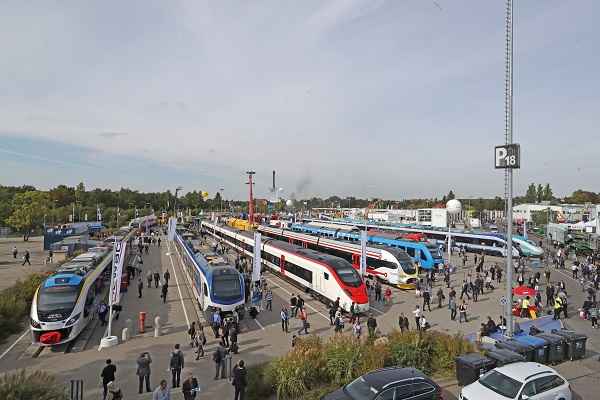 Global Rail Industry to Reach $436Bn by 2030 - Digitalization and Sustainability Lead the Track
Global Rail Industry to Reach $436Bn by 2030 - Digitalization and Sustainability Lead the Track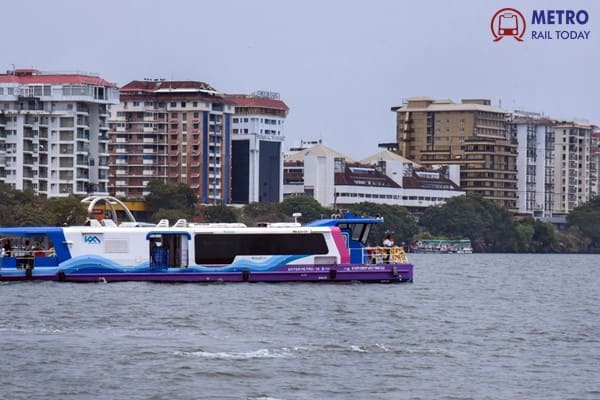 Delhi Metro enters Maritime Logistics Sector with Deendayal Port e-FTS Project
Delhi Metro enters Maritime Logistics Sector with Deendayal Port e-FTS Project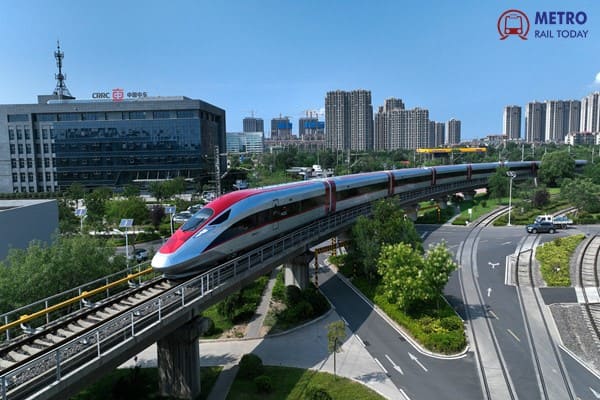 China’s CR450 Bullet Train hits 450 kmph, Becomes fastest Train in the World
China’s CR450 Bullet Train hits 450 kmph, Becomes fastest Train in the World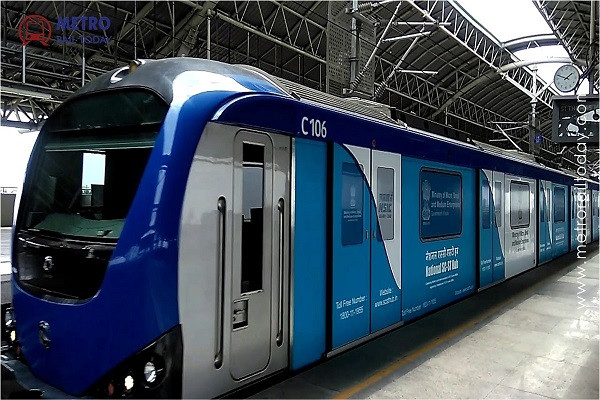 Faiveley signs ₹48.33 cr contract to install Anti-Drag Safety System in Chennai Metro Phase 1 Trains
Faiveley signs ₹48.33 cr contract to install Anti-Drag Safety System in Chennai Metro Phase 1 Trains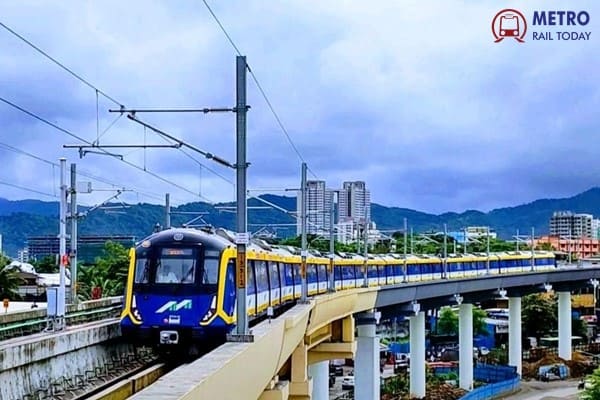 Tender floated to appoint Consultant for ₹23,487 crore Mumbai Metro Line 11
Tender floated to appoint Consultant for ₹23,487 crore Mumbai Metro Line 11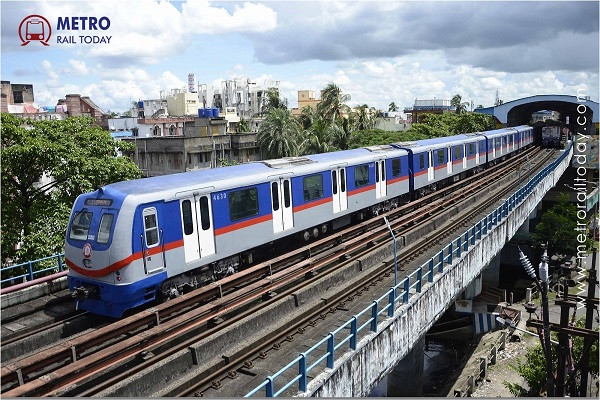 Kolkata Metro invites Bids for ₹43.2 Crore Aluminium Third Rail installation on Blue Line
Kolkata Metro invites Bids for ₹43.2 Crore Aluminium Third Rail installation on Blue Line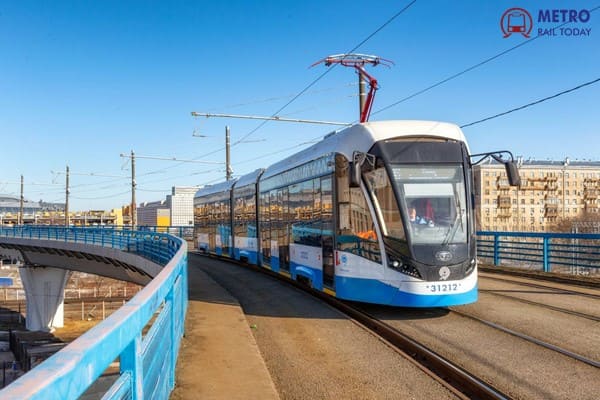 Alstom rolls out first Flexity 2 Tram for Melbourne’s Next-Gen G Class Fleet
Alstom rolls out first Flexity 2 Tram for Melbourne’s Next-Gen G Class Fleet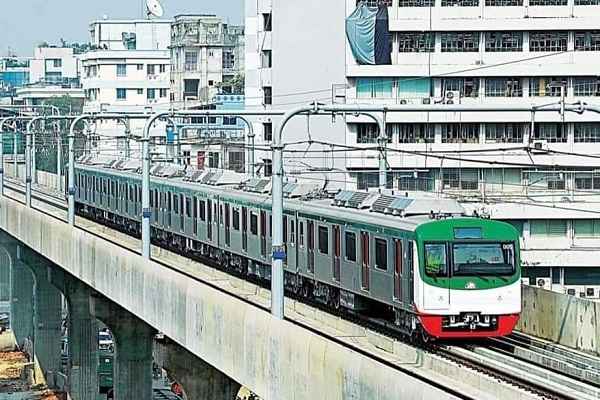 Bearing Pad falls from Dhaka Metro Rail Viaduct, Killed One Pedestrian, Two Injured
Bearing Pad falls from Dhaka Metro Rail Viaduct, Killed One Pedestrian, Two Injured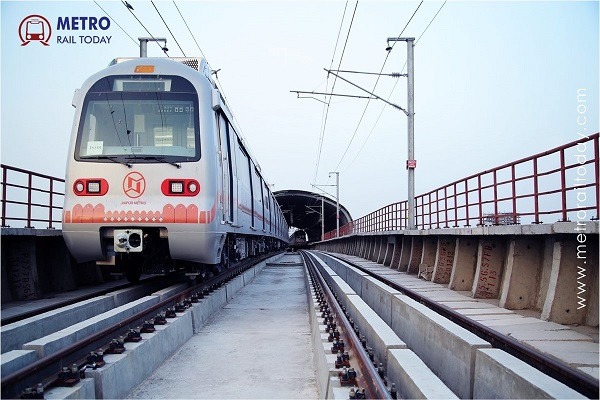 First global civil tender worth ₹1,145 crore launched for Jaipur Metro Phase 2 Project
First global civil tender worth ₹1,145 crore launched for Jaipur Metro Phase 2 Project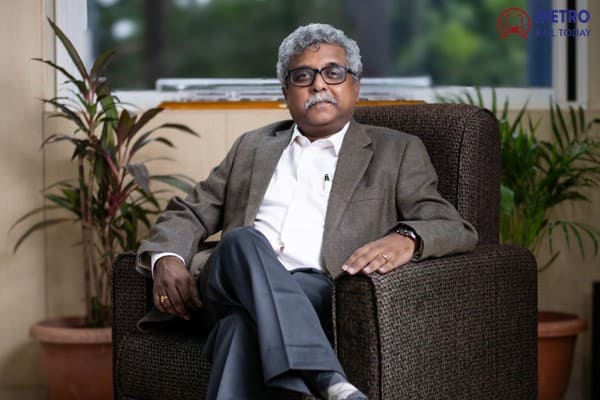 Vande Bharat to Vision 2047 — How ICF is Leading India’s Next Rail Revolution?
Vande Bharat to Vision 2047 — How ICF is Leading India’s Next Rail Revolution?
Maha Govt proposes Bill for Electricity Duty Waiver on Metro Rail and Monorail
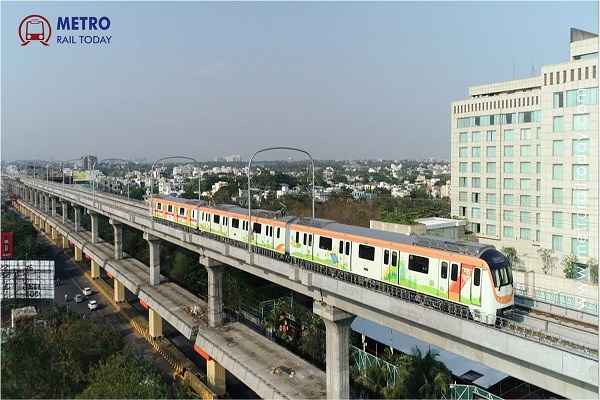
Mumbai, India (Metro Rail Today): In a significant move aimed at fostering sustainable public transportation, Deputy Chief Minister Devendra Fadnavis presented a bill in the state assembly on Monday. The proposed amendment seeks to modify the Maharashtra Electricity Duty Act, 2016, with the primary objective of waiving electricity duty for both metro rail and monorail operations in the state.
Metro rail operations, renowned for their high energy consumption, incur substantial expenses on electricity duty and consumption charges. The Maharashtra Metro Rail Corporation (Maha Metro), recognizing the financial strain imposed by these costs, has urged the state government to emulate the waiver of electricity duty, a precedent set by the Delhi Metro Rail Corporation (DMRC).
The bill underscores the potential benefits of waiving electricity duty for metro rail services, emphasizing the resultant reduction in travel costs. By alleviating the financial burden, the reduced travel expenses are anticipated to incentivize a broader segment of the population to opt for metro rail as a primary mode of public transport.
According to the bill, "Metro Rail services can be offered at reduced travel costs to the people if electricity duty for metro rail is waived. The reduced travel cost will encourage a large number of people to use metro rail as a public transport."
Citing Article 287 of the Constitution of India, the bill highlights the constitutional provision that prohibits the imposition of taxes on the consumption or sale of electricity for the construction, maintenance, or operation of any railway. In alignment with this constitutional safeguard, the government deems it necessary to amend the Maharashtra Electricity Duty Act, 2016, to waive electricity duty for both metro rail and monorail.
"The government, therefore, considers it expedient to suitably amend the Maharashtra Electricity Duty Act, 2016, to waive electricity duty under the said Act for metro rail as well as monorail," states the bill.
The proposed amendment gains significance against the backdrop of the state government's ambitious plans to implement metro rail projects in key cities such as Mumbai, Pune, Nagpur, Thane, and other parts of Maharashtra. The objective is to ease the burden on road transport and provide a pollution-free commuting experience for residents.
In conclusion, the tabling of this bill marks a crucial step in enhancing the viability and affordability of metro rail and monorail services in Maharashtra. If passed, this amendment is poised to not only alleviate financial strains on metro rail operations but also contribute to the broader vision of sustainable and efficient public transportation in the state.




